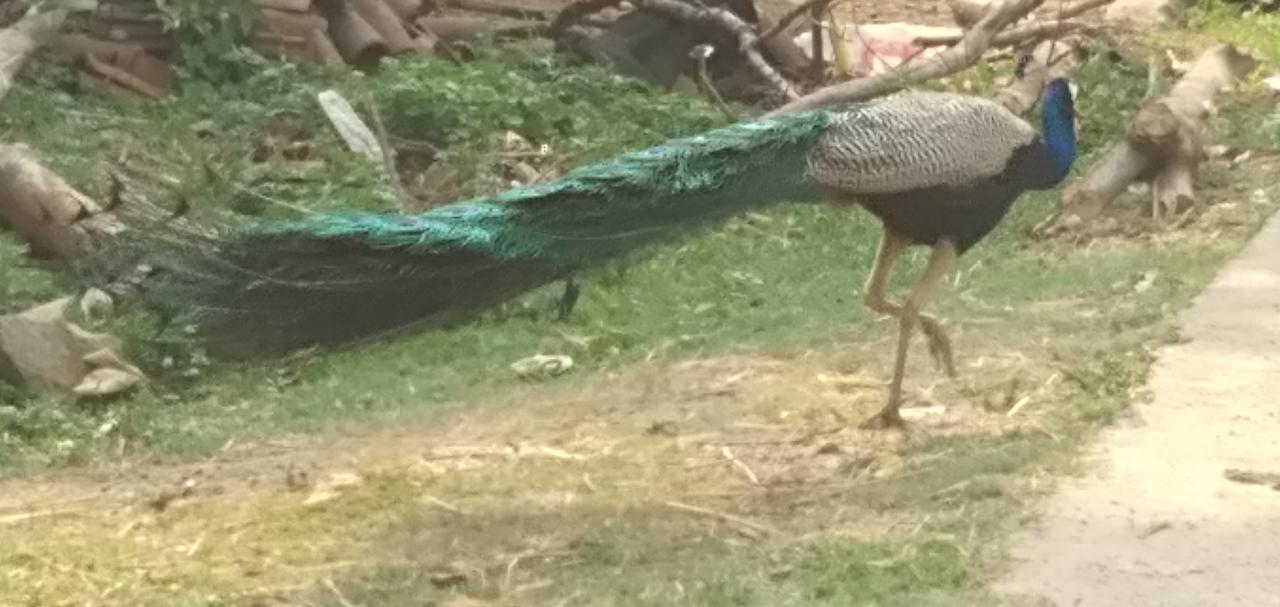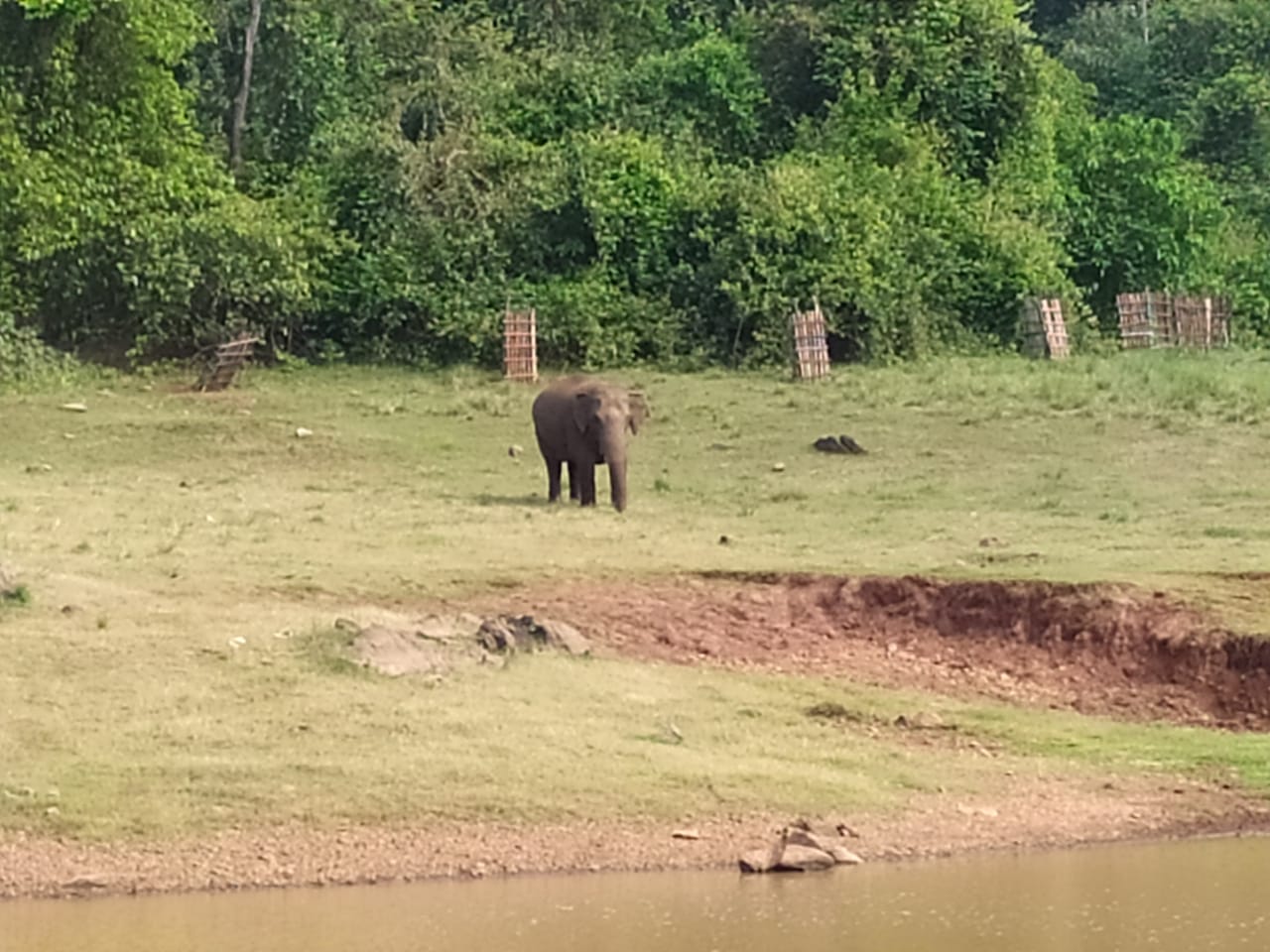Showers have dashed hopes of foresters who were looking forward to an impressive elephant count at the sprawling Dalma wildlife sanctuary.
The elephant sighting was drastically low during the day-long animal census conducted at the sanctuary on June 10.
Altogether 50 elephants were sighted at the east and west forest ranges across the 192 square km sanctuary, 30km from Jamshedpur. The count was 130 last year.
The animal census was based on field surveys and actual sightings near watering holes.
Dalma divisional forest officer C.M.P. Sinha blamed showers for the dip in elephant count.
“Water is abundant at the sanctuary as well as pockets falling outside it. Most of the elephants moved out of the sanctuary in search of water when the count began. Only a few were sighted during the exercise,” he added.
According to him, elephants are roving animals and venture out anywhere. “This time they chose to quench their thirst outside their abode. Consequently, fewer elephants were sighted,” Sinha said.
Foresters blamed the timing of census for the decrease in the number of elephants. “The animal count is usually conducted in May when heat is at its peak. It usually takes place a week after the annual Bishu Shikar (a tribal hunting festival held on May 4). But the exercise had to be postponed in view of Covid-19. We could have sighted an impressive number of elephants last month,” one of the foresters said.

A peacock during the animal census inside Dalma wildlife sanctuary. Bhola Prasad
Foresters were optimistic about an increase in the number of elephants because eight calves were sighted at the sanctuary.
Three calves were spotted at Jamdih and Jhunjka jungles near Patamda in East Singhbhum in December last year. The calves, all less than a year old, were part of two separate herds. Five more calves were later sighted at the same jungles.
Foresters said the elephants should move inside the sanctuary after some days. “Herds are still outside the sanctuary but should move back in some days. But their movement depends on their mood,” a forester said.
Elsewhere, the number of sloth bears have come down marginally. Only 15 sloth bears were spotted against 37 during the last census.
In case of barking deer, the count stood at 93, against the 156 sighted last year.
A sharp fall was also witnessed in the numbers of wild boars. It was 235 in comparison to 323 during the last census.
There was a marginal dip in the peacock count – 181 against 183. The count of the giant Indian squirrel also fell from 87 to 55.
Against the seven hyenas sighted last year, it was just one this census. The number of wild dogs also fell from six to just one.
However, the mongoose count has risen to 64 (against 43 during the last census) and the number of porcupines rose to nine against seven spotted last time.










